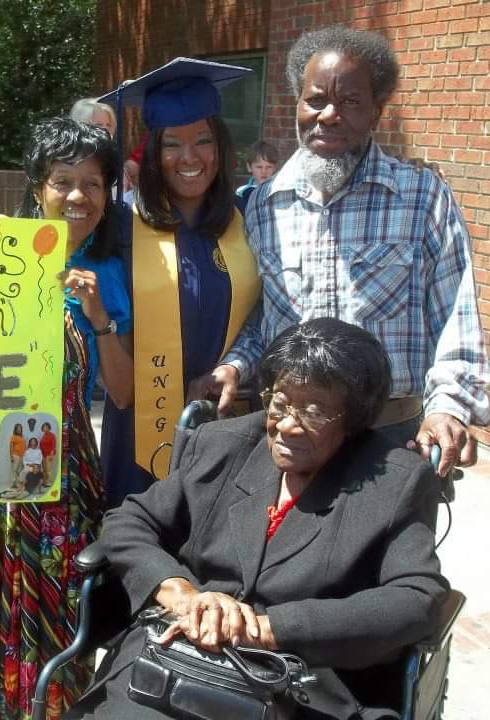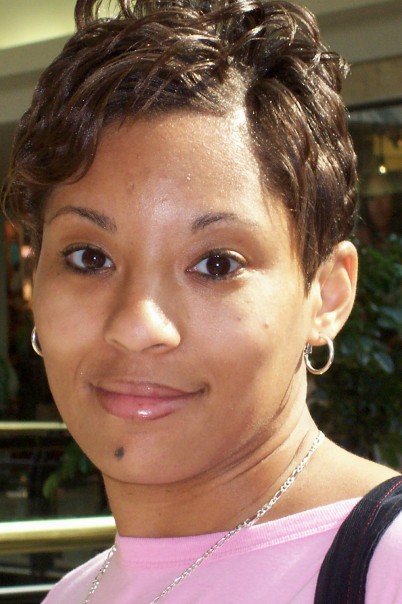Mental Health in The US vs. Afghanistan
Mental Health is an important part of my Pre school program., where we provide care for Head start children. We have to provide services for children and their families in many different areas, and mental health is on of those areas. We have Mental Health Coordinator who works with the children and families to make sure we are mental health services to our children and families who are in need. Below I have shared some of the negative aspects of mental health in the United States and in Afghanistan. Mental Health issues are becoming more of a topic in our schools for children as early as Preschools. We have to have services that help families who may need these services. I love that fact that Head start does include Mental Health as part of its program for children and families.
Children and youth with mental health problems have lower educational achievement, greater involvement with the criminal justice system, and fewer stable and longer-term placements in the child welfare system than their peers. When treated, children and youth with mental health problems fare better at home, in schools, and in their communities.
Children and youth in preschool and elementary school with mental health problems are more likely to experience problems at school, be absent, or be suspended or expelled than are children with other disabilities.
- Preschool children face expulsion rates three times higher than children in kindergarten through 12th grade, due in part to lack of attention to social-emotional needs.22
- African-American preschoolers are three to five times more likely to be expelled than their white, Latino, or Asian-American peers.23
- In the course of the school year, children with mental health problems may miss as many as 18 to 22 days.24
- Their rates of suspension and expulsion are three times higher than those of their peers.25
- Among all students, African-Americans are more likely to be suspended or expelled than their white peers (40 vs. 15 percent).26
Afghanistan faces a high burden of mental health problems, persistent stressors and
limited mental health services. There are critical gaps in the response:
access and availability of mental health services remains limited
available services are of low quality mental health services
lack of trained skilled manpower for service delivery, (there are only two
internationally recognized psychiatrists in the country, and both of them do not
practice). There are no trained clinical psychologists or psychiatric nurses
lack of competent leadership and technical capacity to implement the mental
health strategy
lack of proper Monitoring and Evaluation (M&E) system and indicators to
measure success of mental health services
medicalisation of mental health problems, combined with poor quality of mental
health services has lead to irrational use of anti-depressants and benzodiazepines
inadequate financing of mental health and psychosocial interventions
Effective Policy Strategies to Enhance Mental Health for Children, Youth, and Families
- Increase access to effective, empirically-supported practices like mental health consultation with a specific focus on young children. Preschool children with access to mental health consultation exhibit less disruptive behavior and have lower expulsion rates.64
- Develop systems to identify at-risk children. Identifying those children and youth most at risk for poor mental health outcomes is instrumental in designing effective strategies for prevention and intervention.65
- Coordinate services and hold child- and youth-serving systems accountable. Robust service coordination in the child welfare system reduces gaps in access to services between African-American and white children and youth.66 Outcome-based systems are better able to track youth outcomes, improve provider capacity, and tailor services.67
- Finance and provide mental health services and supports that meet the developmental needs of children. Treatment and supports using a developmental framework are more likely to respond to the changing needs of children and youth.68
- Increase adoption of electronic health records, and implement information systems for quality assurance, accountability, and data sharing across providers, agencies and counties. A system for sharing records facilitates joint planning and improves efficiency and quality of care.69
- Fund and apply consistent use of effective treatments and supports. A range of effective treatments exist to help children and youth with mental health problems to function well in home, school, and community settings.70
- Engage families and youth in their own treatment planning and decisions. Family support and family-based treatment are critical to children and youth resilience. Reaching out to community stakeholders to increase their awareness and knowledge regarding EBPs will enhance youth and family engagement, which fosters treatment effectiveness.71
- Provide culturally and linguistically competent services. Attention to providers’ cultural and language competence leads to improved mental health outcomes and greater adoption of effective practices.72
- Finance and implement concrete strategies to identify and prevent mental health problems and intervene early. Empirically-supported prevention and early intervention strategies support children and youth resilience and ability to succeed.73
- Ensure that the implementation of health reform recognizes the need to support a comprehensive array of benefits from prevention to treatment. Health insurance expansion is associated with increases in access to mental health services.74
References
Sayed, G. D. (2011). Mental Health in Afghanistan Burden, Challenges, and the way Forward. HNP Publications. Retrieved January 20, 2018, from http://www.worldbank.org/hnppublications.
Stagman, S., & Cooper, J. L. (2010). Children’s Mental Health What Policy Makers Should know.


